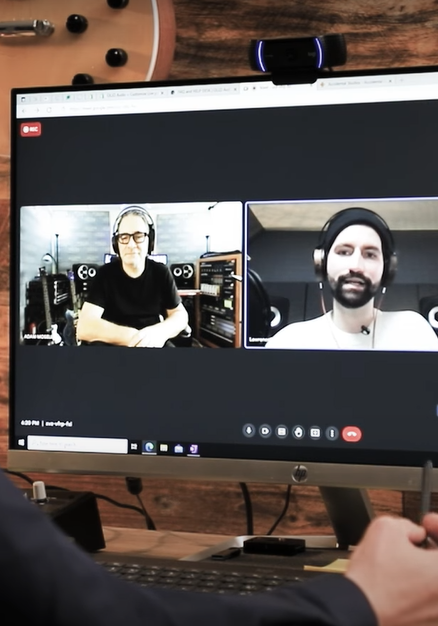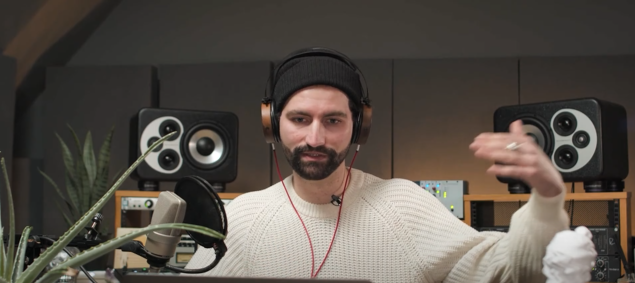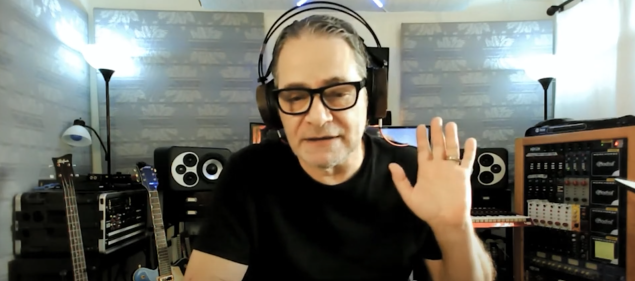Keeping up to date with the latest developments in the rapidly changing worlds of music and pro audio can often be a somewhat daunting pursuit. Here, OLLO Audio co-founder and CEO Rok Gulič talks with accomplished record producer Adam Moseley (U2, Roxette, Rush, The Cure) and his former student Lawrence Biancardi – who is now a pro mastering engineer based in the UK – about the role of educators in the music industry…
RG: Is it important to establish a good relationship between mentor and student?
AM: Yes, it is. You should be able to work with each other, and like each other. When I was starting out I was helping my mentor at the time with anything that was needed. There was a friendship that I didn’t expect to be there. I think mentoring is an incredibly important part of anyone’s journey. It’s about giving back. We’re all making music, it should be fun. If it’s not fun, then you should be doing something else. The job is hard enough, so working with personalities you don’t enjoy working with every day, should not be a question.
RG: Lawrence, does your mentor play a role in building your confidence?
LB: Yes of course. When I first properly met Adam, I came to his studio and showed him a few tracks. I was thinking I was going to take over the world with my music. Adam was nice and pointed out things that are important. He inspired me to take notice and understand them. I think first someone has to plant that seed and show you what these things are in order for you to recognise them and develop an ear for them.





